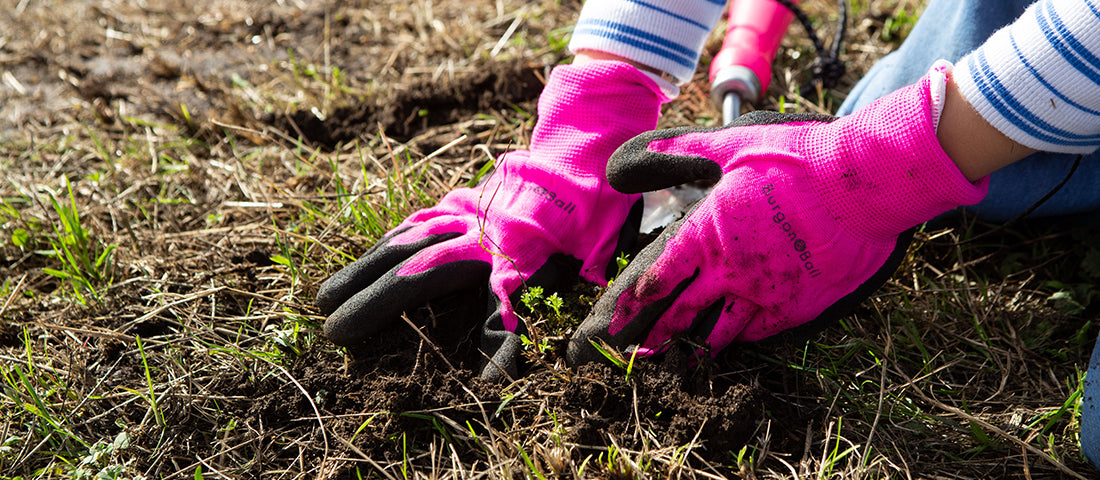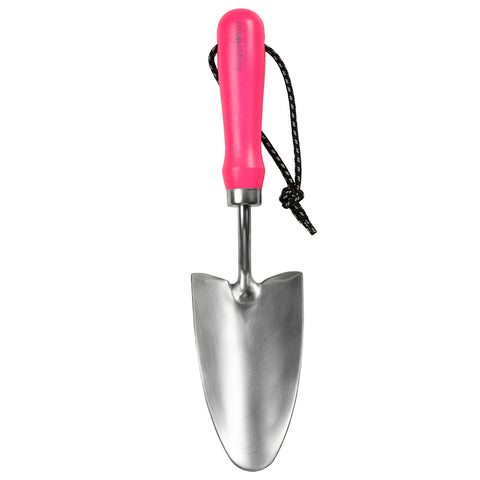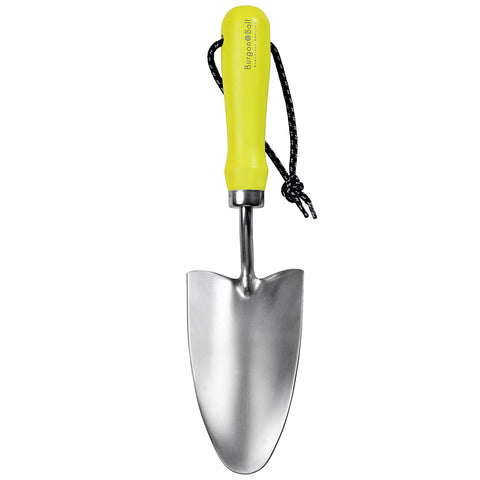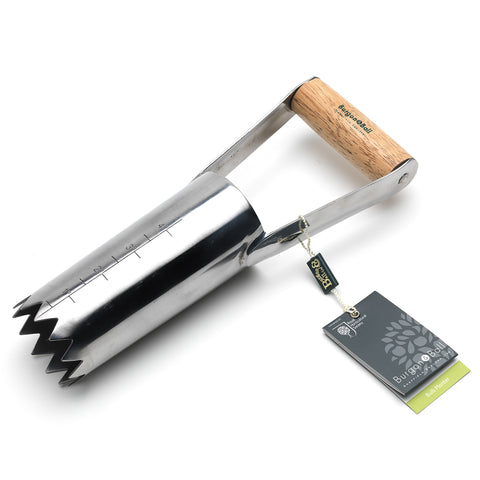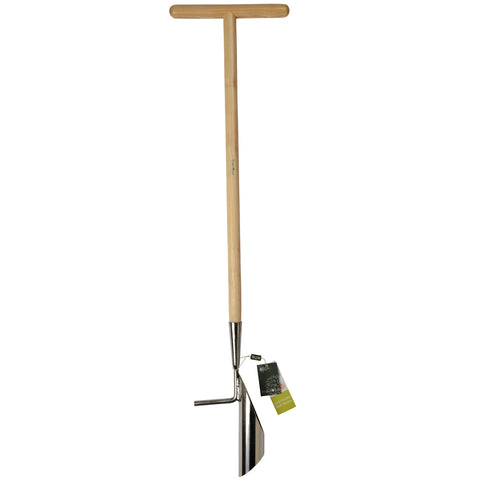
We were thrilled recently to be involved in a new project in the Bristol area, with the aim of helping to get the West of England buzzing.
In a new awards initiative created to raise awareness of the vital importance of bees and pollinators, the very first Bee Bold Awards were held in early October at an event at Siston Common, near Bristol. Not only were the winners of the awards announced on the day, but a whole new wildflower meadow was planted, too.
Over 300 volunteers planted more than 8,000 wildflower plug plants on the day, a phenomenal achievement. We donated trowels and gloves from our FloraBrite collection, as well as some RHS-endorsed bulb planters and watering cans to help the volunteers create a new space for wildlife.
The awards have been introduced by the West of England Combined Authority to showcase West of England groups taking positive steps to support bees. From schools to shops, from factories to local community groups, all kinds of groups entered to showcase how they’re taking action for pollinators.

The awards scheme is part of a wider package of measures from Metro Mayor Dan Norris to make the West of England the bee and pollinator capital of the UK. He said: “Bees and pollinators are not just nice to have - they are absolutely essential to ensuring we can have the fresh fruit and veg we eat year-round and keeping our precious countryside and forests maintained and cared for. That’s why they’re a priority for the West of England Combined Authority I lead.”

The mass planting day was part of South Gloucestershire Council’s Common Connections project, funded by nearly £1m of investment from the West of England Combined Authority. After the planting day, our equipment was donated to Kingsmeadow @ Made Forever Community Hub and to the Avon Wildlife Trust, which will continue to make good use of it.
October is a good time to be laying the foundations for your own area of wildflowers for next year - however big or small that might be. Autumn-sown seeds generally germinate quite well in soil that's still warm from the summer and they establish quickly, although some will not come up until the following spring. So why not take action for pollinators, and get sowing?

